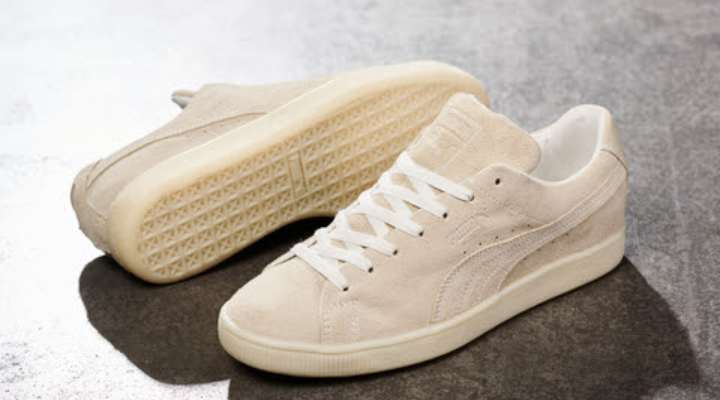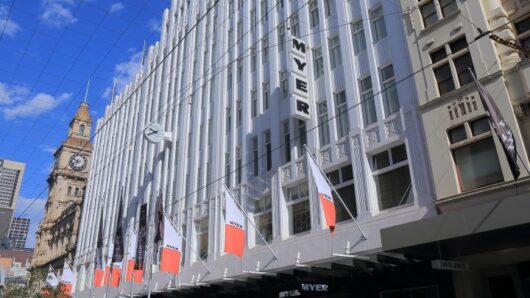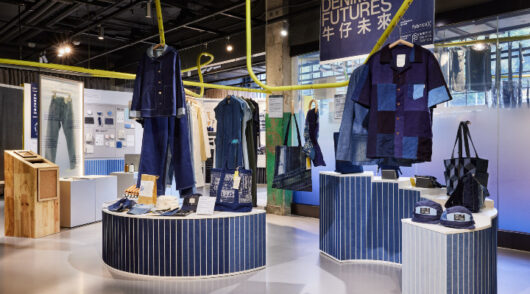Sportswear company Puma has successfully produced compost from an experimental version of its classic suede sneaker, according to the results of its two-year-long Re:suede experiment.
The experiment was the first program to launch as part of the company’s “Circular Lab”, an innovation hub led by innovation and design experts to create the future of the its circularity programs.
The company created 500 pairs of experimental Re:suedes in 2021 using Zeology tanned suede, a TPE outsole, and hemp fibres during the experiment.
Volunteers from Germany wore the shoes for six months to test their comfort and durability before being sent to a specially equipped industrial composting area operated by the Ortessa Group in the Netherlands.
After being mixed with household waste and placed into a composting tunnel, the shoes were sprayed with leaching water from earlier composting that contained nutrients and naturally heated from the biological activity and controlled air circulation in the tunnel.
The composting process took approximately 3.5 months, and the materials that were small enough (<10mm) to pass through a sieve were sold as Grade A compost for agricultural use in the Netherlands. The remaining materials were returned to the composting tunnel until they, too, had broken down to the desired level (<10mm).
“While the Re:suede could not be processed under the standard operating procedures for industrial composting, the shoes eventually turned into compost,” said Anne-Laure Descours,chief sourcing officer at Puma.
“We will continue to innovate with our partners to determine the infrastructure and technologies needed to make the process viable for a commercial version of the Re: suede, including a takeback scheme, in 2024.”
The company plans to share its insights in a detailed report so its peers and other interested stakeholders can learn from the experiment and apply the learnings to their initiatives.
“We learned a lot during the Re:suede trial and how to streamline our industrial composting process to include items that need longer to turn into compost,” added Marthien van Eersel, manager of materials and innovations at Ortessa.
As a result of feedback from volunteers who wore the Re:suedes for half a year, the company plans to enhance the overall fit of future versions of the shoes by using a new material pattern for the upper and the sock liner.






